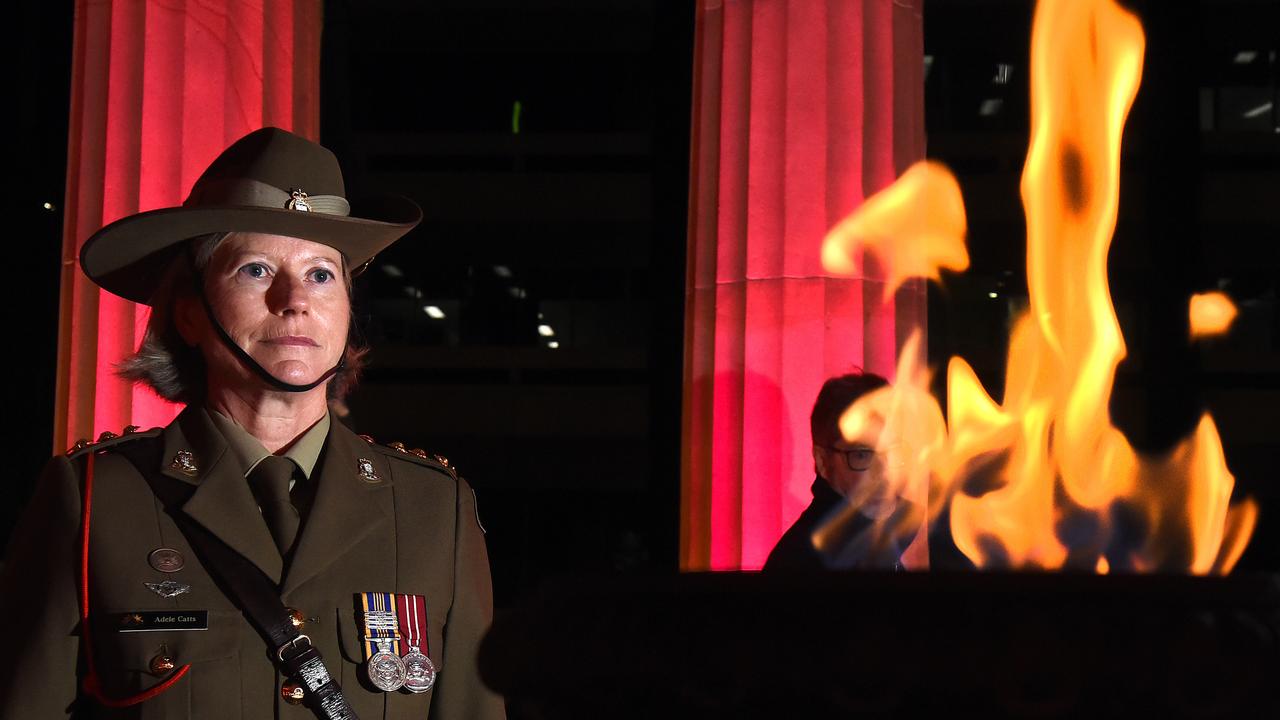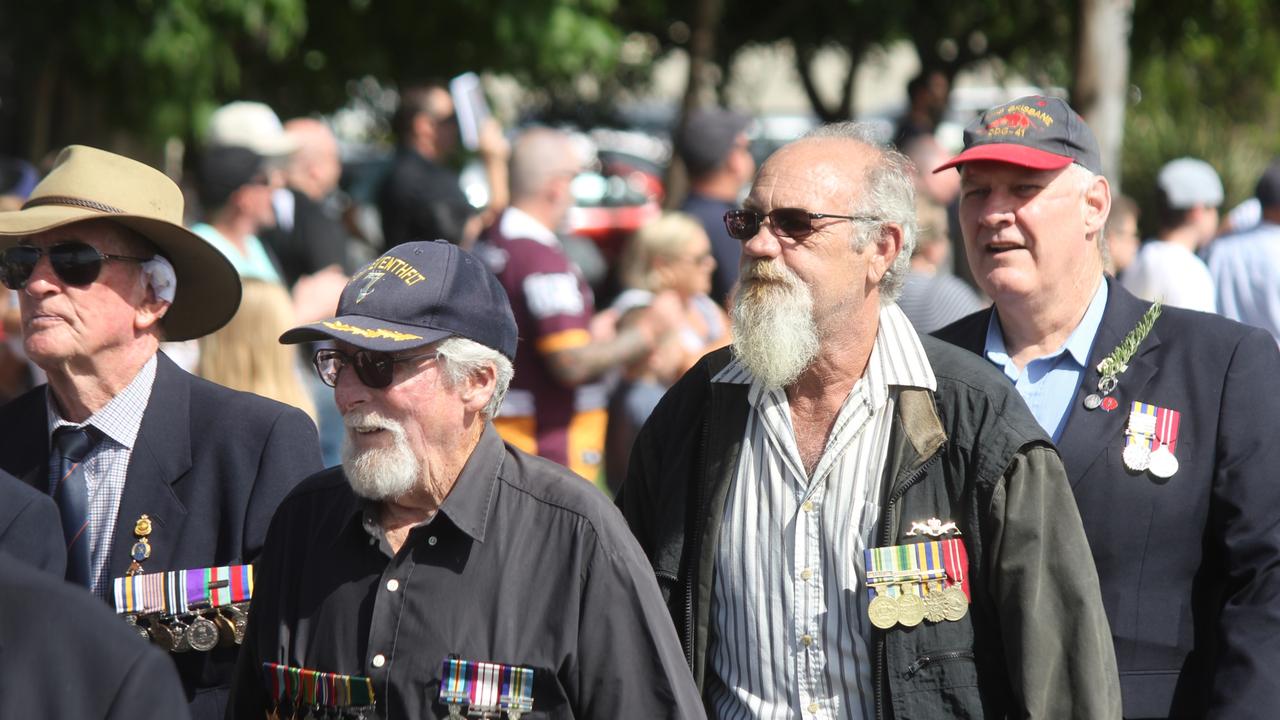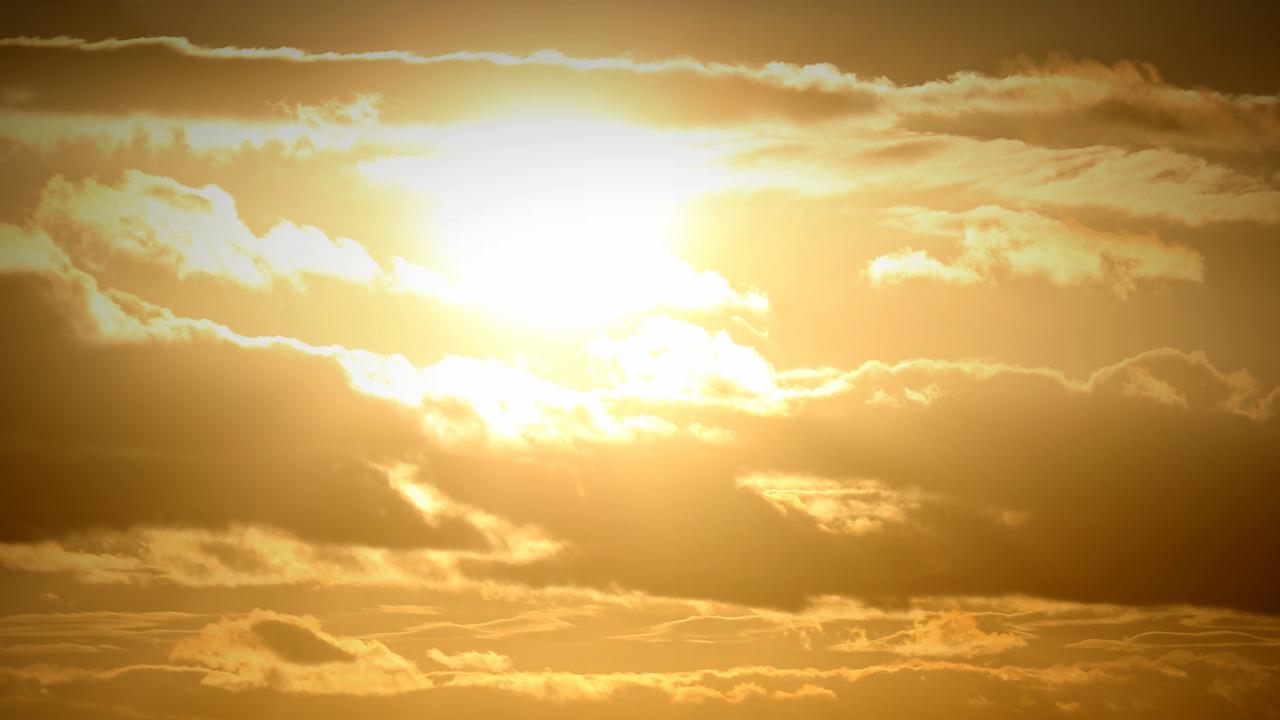Navy veteran talks about how close he came to taking his own life before he asked Mates4Mates for help
Brisbane Navy veteran Darryl Rae wanted to take his own life two years ago when he called the Department of Veterans Affairs for help. But he was told there was a six month waitlist. “So, if I wanted to kill myself, I just had to book it six months in advance (to get help),” he said.
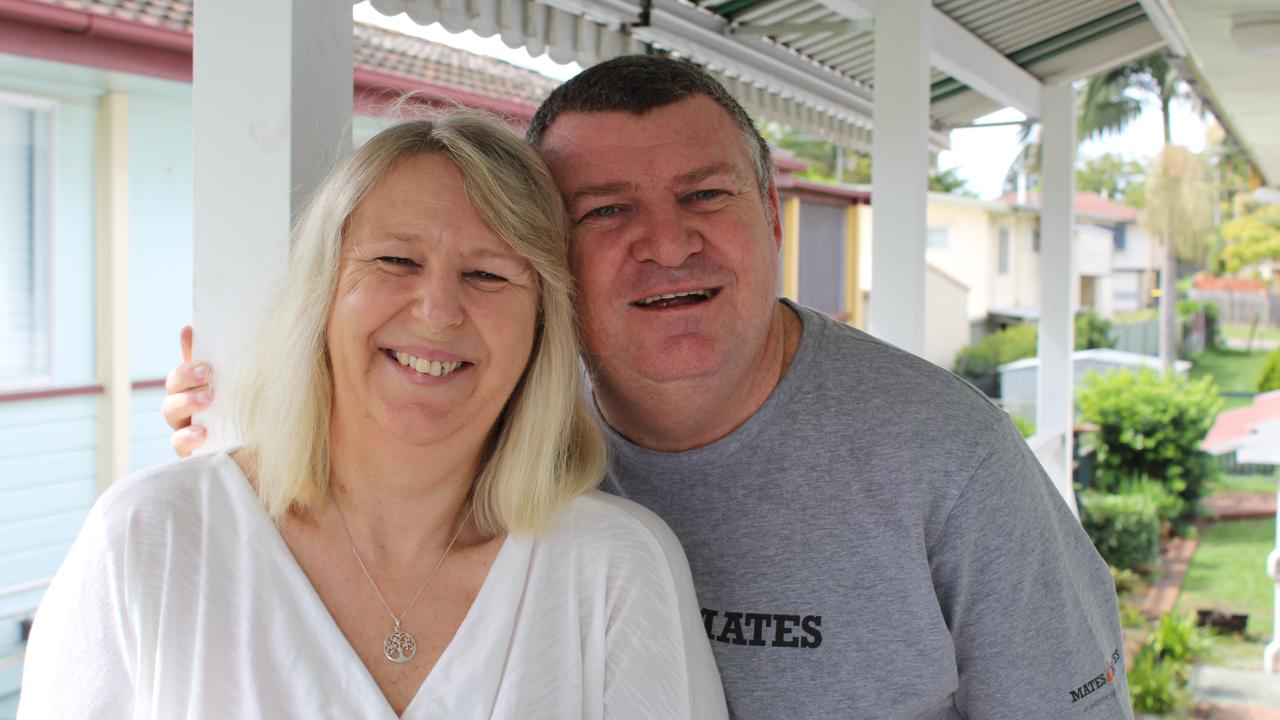
ABOUT two years ago, Royal Australian Navy veteran Darryl Rae wanted to take his own life and called the Department of Veterans Affairs for help.
He says DVA told him there was a six month waitlist.
“So, if I wanted to kill myself, I just had to book it six months in advance (to get help),” he said.
“You go overseas and you fight a war, and then you come home and fight a bigger war with Veterans’ Affairs.”
MORE STORIES ABOUT OUR VETERANS
VIETNAM VET TELLS HIS STORY OF LONG TAN
KOKODA TRAIL TREK INTO THE PAST TO HELP CHILDREN
Mr Rae has post traumatic stress disorder from serving in the navy, as a reservist and full-time from 1982 to 2003, rising from junior sailor to officer.
He said the navy taught him leadership skills and to be a team player — something scarce in society — but it came with a cost.
“It’s not like a computer game where you shoot someone and they come back to life,” he said.
“A friend of mine was killed when he was overseas. How do you deal with that? You can’t.”
He says DVA did eventually provide support, but only because an employee - now gone - went above and beyond to find him help.

A DVA spokeswoman said it would be “inappropriate” to comment on individual cases but insisted it “treats mental health matters with priority”.
Mr Rae’s wife, Christine, said he withdrew completely and she was “walking on eggshells”.
“It was hell. It was really hard to deal with because you think ‘that’s not the person I married, that’s not the person I know’,” she said.
“Darryl doesn’t know this, but I started questioning myself, ‘do I really want to be around this person? Do I really like this person? Do I need to protect myself and the children?’.”
ASKING MATES4MATES FOR HELP
The couple had heard of Mates4Mates, an RSL initiative to help serving and ex-members of the Defence Forces and their families, but it was tough for Mr Rae to ask for help.
“You go from this role where you’re told you’re a warrior, the best of the best and then you’re discharged and you’re on the scrap heap of society,” he said.
“You feel abandoned. To ask for help takes a lot out of a person.
“I popped in out of the blue, I went and spoke to (a liaison officer) and we sat down and had a bit of a yarn and I signed up on that day.”
After two years with Mates4Mates, Mr Rae’s PTSD is “a lot better, it’s in control now” but he knows “it’ll probably never go”.
“If it wasn’t for Mates I probably would not be here now. It’s not the be-all-and-end all cure, but it helps,” he said.
“I tell people yes, I suffer PTSD from my services, I don’t want pity but I want people to understand.
“As we learn more about it … and share it with other people it breaks down the barriers.”
He and Christine go to the Monday barbecues and take a weekly restorative yoga class together and Mrs Rae is helping found a “Partners in Conversation” group.
She said they had their own “little neighbourhood” of people who understood and helped each other — and her husband was coming back to her.
“I’m still finding him. It’s been a long journey and we’ve still got a way to go, but I think we see an improvement every time we go.”
The Department of Veterans’ Affairs spokeswoman said it had introduced Non-Liability Health Care for all Veterans and early access to a Veterans’ Payment which provided income support for clients while their claims for compensation are being assessed.
“Non-Liability Health Care (NLHC) allows for immediate access for treatment for veterans for all mental health conditions, irrespective of their claim for compensation,” she said.
“The combined effect of NLHC and the Veteran Payment is to ensure immediate access to treatment and income support while the claim for compensation is progressed.”
WHAT ANZAC DAY MEANS TO ME
By Darryl Rae, as told to Ellen-Maree Elliot
I don’t look at Anzac Day as a grieving, nor is it to glorify war, as a lot of people think it is.
It’s a mark of respect, it’s people showing respect for what’s happened in the past and hopefully it will never happen in the future again.
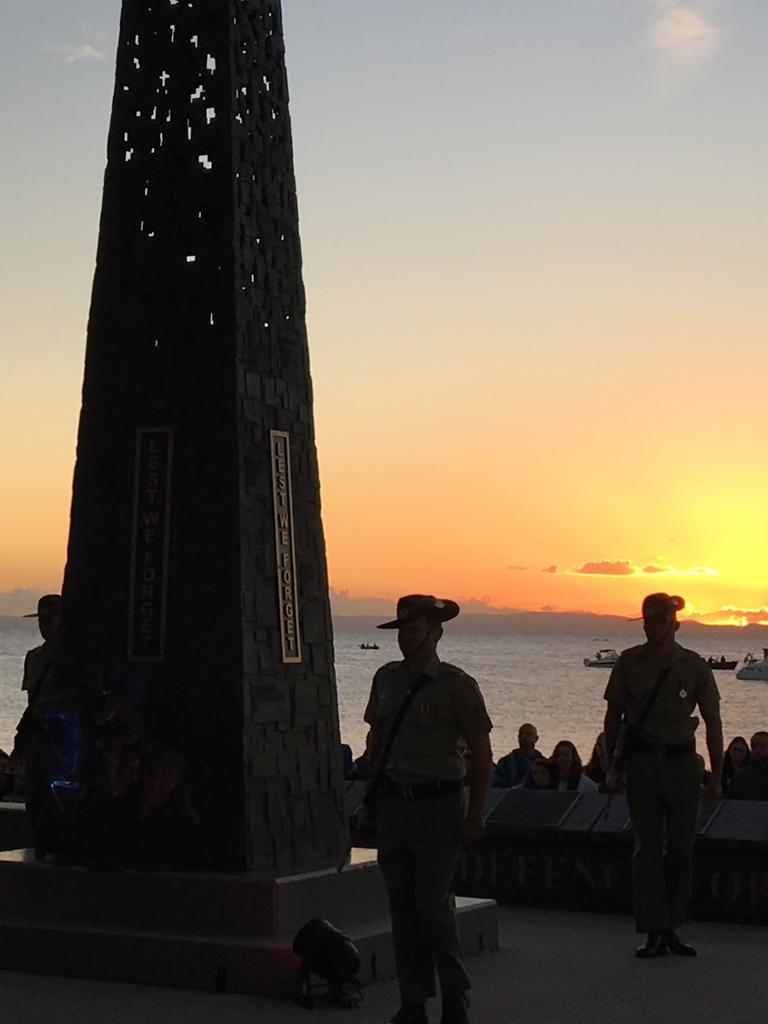
Anzac Day doesn’t glorify war at all. War’s horrible and people just don’t understand.
Even if you’ve never served, or no-one in your family’s ever served, or if you’re a refugee from another country, you’re there to pay your respects.
On Anzac Day, I will be at the Dawn Service at Redcliffe — it’s really nice down there, because you’ve got the sun coming up over the water during the dawn service.
Last year there would have been four or five thousand people, and a lot of young people, which I was really pleased to see.
That demonstrates to me that respect has been passed on to another generation.
.
Anyone who may be feeling distressed can contact the following organisations for support:
IF A PERSON’S LIFE IS IN DANGER, PHONE 000.
Lifeline Australia is available 24/7 on 13 11 14 and an online chat every day form 7pm to 4am (AEDST)
Beyond Blue is available 24/7 on 1300 224 636 and an online chat every day from 3pm to 12am (AEDS)
Open Arms - Veterans and Families Counselling is available 24/7 on 1800 011 046


